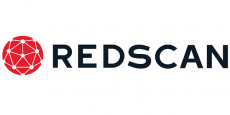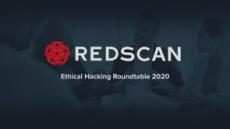- December 2024 (1)
- October 2024 (1)
- September 2024 (2)
- August 2024 (3)
- July 2024 (2)
- June 2024 (3)
- May 2024 (3)
- April 2024 (3)
- March 2024 (3)
- February 2024 (3)
- January 2024 (1)
- December 2023 (3)
- November 2023 (2)
- October 2023 (2)
- September 2023 (2)
- August 2023 (1)
- July 2023 (2)
- June 2023 (3)
- May 2023 (4)
- April 2023 (3)
- March 2023 (2)
- February 2023 (3)
- January 2023 (1)
- December 2022 (1)
- October 2022 (2)
- September 2022 (1)
- August 2022 (2)
- July 2022 (4)
- June 2022 (3)
- May 2022 (5)
- April 2022 (4)
- March 2022 (2)
- February 2022 (3)
- January 2022 (3)
- December 2021 (4)
- November 2021 (2)
- October 2021 (5)
- September 2021 (2)
- August 2021 (3)
- July 2021 (5)
- June 2021 (4)
- May 2021 (1)
- April 2021 (3)
- March 2021 (3)
- February 2021 (2)
- January 2021 (5)
- December 2020 (5)
- November 2020 (4)
- October 2020 (3)
- September 2020 (5)
- August 2020 (2)
- July 2020 (5)
- June 2020 (3)
- May 2020 (2)
- April 2020 (1)
- March 2020 (1)
- February 2020 (4)
- January 2020 (14)
- December 2019 (3)
Redscan is an award-winning provider of managed security services, specialising in Managed Detection and Response, Penetration Testing and Red Teaming.
Possessing a deep knowledge of offensive security, Redscan's experts are among the most qualified in the industry, working as an extension of clients' in-house resources to expose and address vulnerabilities plus swiftly identify, contain and shut down breaches.
By understanding how attackers operate and leveraging cutting-edge tools and threat intelligence, Redscan's cyber security professionals can be trusted to provide the insight and support needed to successfully mitigate information security risk and achieve compliance standards.
Redscan is now part of Kroll, the world's premier provider of services and digital products related to governance, risk and transparency.












